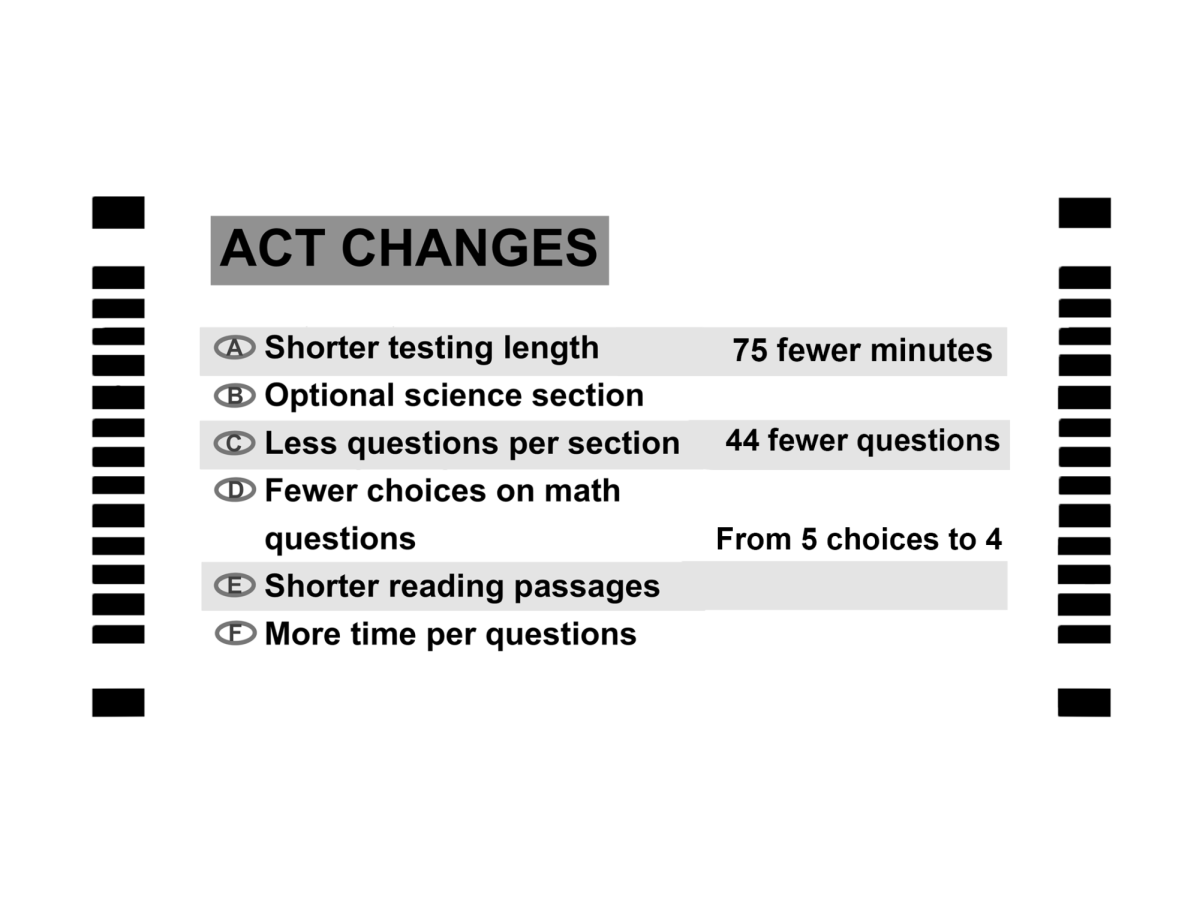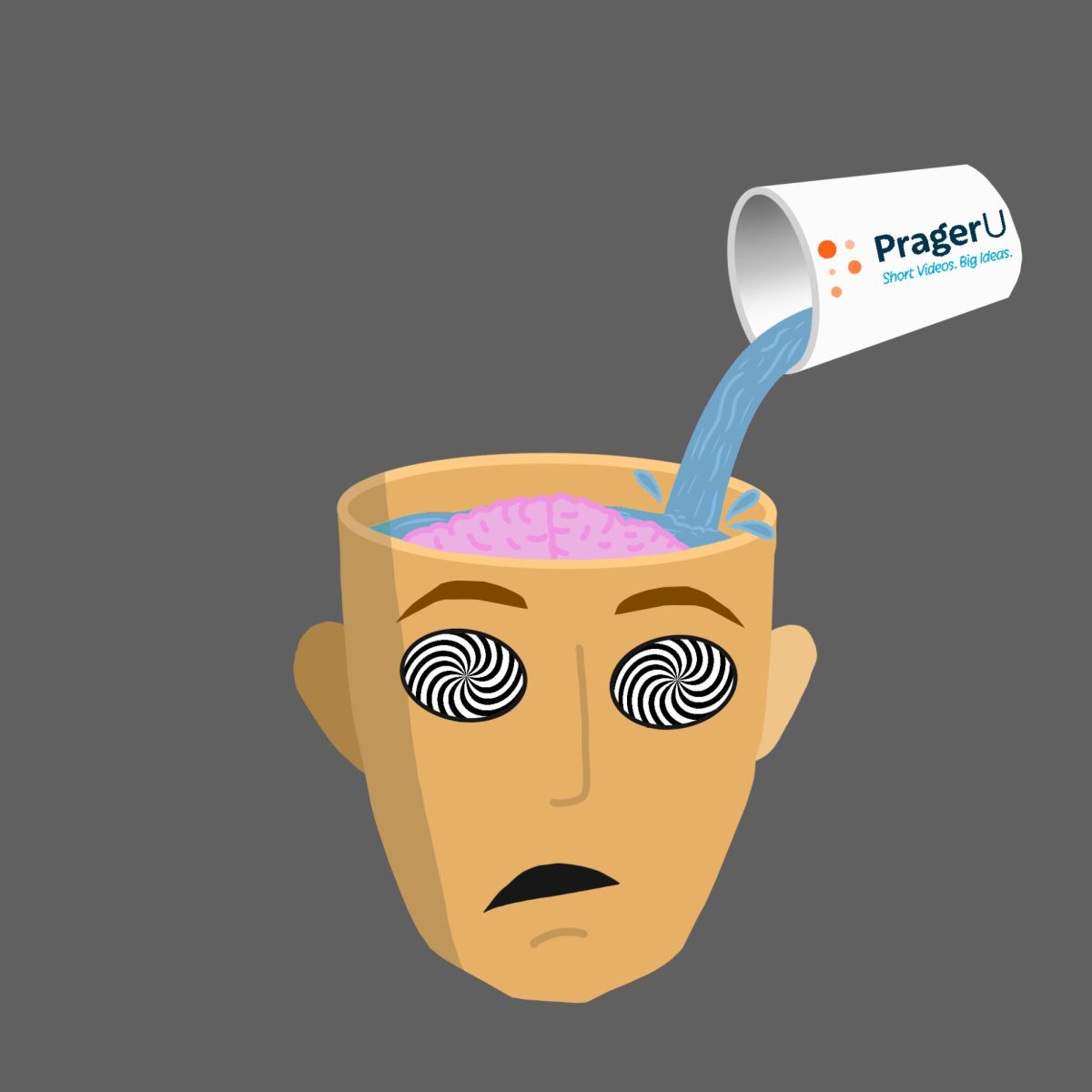In our current age of abortion bans and restrictions on our bodies, a question that many women have asked themselves is, “Do we own our bodies?” This same question is being asked in the recent settlement of Henrietta Lacks, a Black woman whose cancer cells were taken from her nonconsensually.
Lacks died of cervical cancer in 1951 and shortly before her death, doctors removed cells from her tumor without her knowledge. These cancer cells, which could reproduce uniquely, were then used by the biotechnology company, Thermo Scientific Fisher, to create the immortal cell line HeLa, which now has been widely used in research. Lacks nor her family was ever compensated for the use of HeLa cells, which enabled healthcare companies to make over $40 billion dollars.
The Lacks family recently settled a lawsuit against the company, but the details have not been released to the public. The family argued that the company had been “unjustly enriched” due to Lacks’ lack of consent and compensation for her cell use.
Yale Law answers the question the way that most of us are probably thinking, “Do we own our own bodies? That seems like a silly question. Of course we do.” But really, do we?
To the average person, it seems obvious that we own our cells, but in the legal world, this is a contested topic. An article in the Harvard Law blog, Bill of Health, cites the idea of ownership as anything that can be the subject of human control, meaning Lacks owned her tumor and therefore, the cells in it.
However, it goes on to say that we cannot own things we have no control over. So, because Lacks can’t control her DNA, she did not own the genetic information inside her cells, meaning Thermo Scientific Fisher, the healthcare company that originally harvested her cells, did not “steal” anything from her. An article in the Journal of Medical Ethics corroborates this, saying that “legal systems do not honor agreements to part with bodily parts against remuneration” thus, the “law does not give us full property rights to our organs.”
Lacks cells, though not consciously controlled, were only available and discovered to have these unique capabilities because she suffered from cancer, meaning any profits from the cell line should be credited to her, as she owned her body.
This question, debated throughout time with seemingly no correct answer, can be applied to other issues in our society. Abortion, for example, has been a topic of national interest, as some state and federal governments have made moves to crack down on access to it. Supporters see abortion as a matter of a woman’s right to make choices about her own body, while others see it as something that can be subject to law and thus restricted.
The idea that we own our bodies, although undetermined by law, is likely determined in every person’s mind. We own our bodies, but the idea that it could be ruled otherwise is highly frightening. Technically, we do control what we do with our bodies. We can sell or donate our organs, or get bodily modifications. This then would fall under the Bill of Health definition of ownership, proving that we own our bodies. So now, it becomes the question of if we own our genetic information. Because our DNA is what makes us who we are, I say we do.















